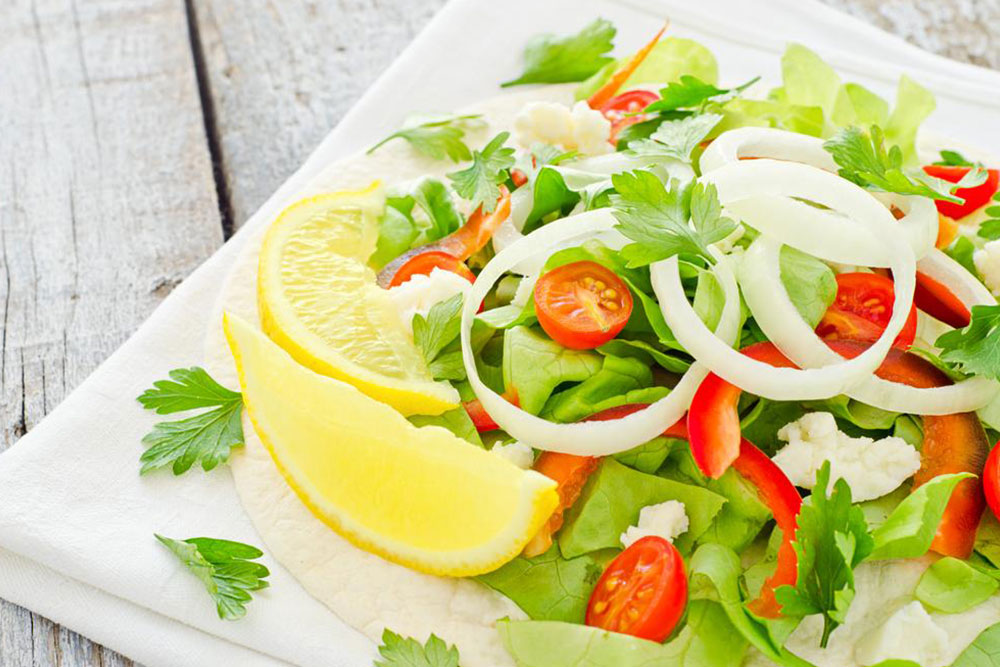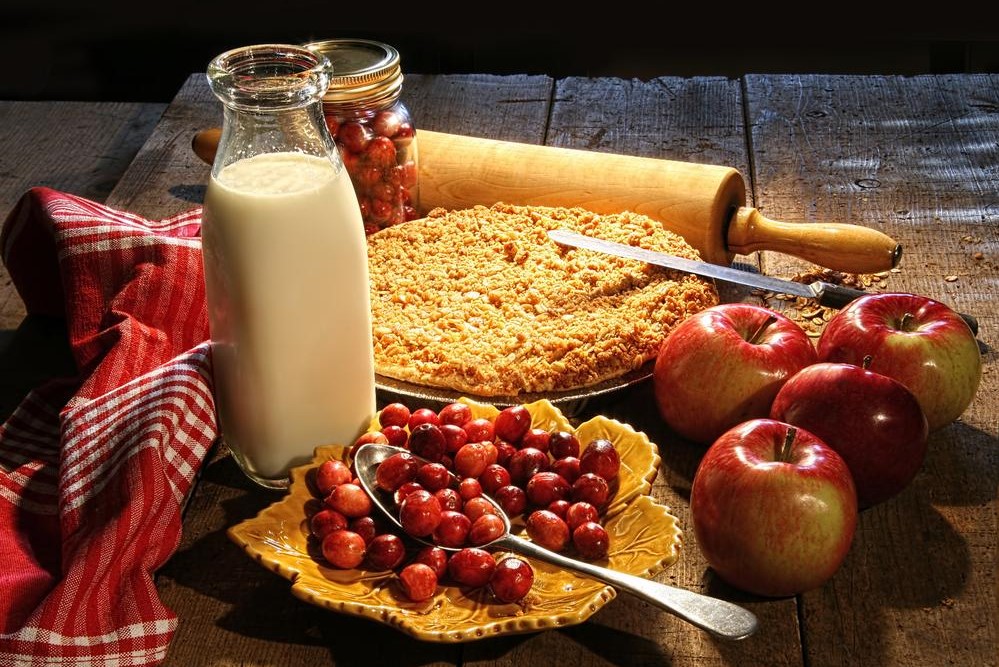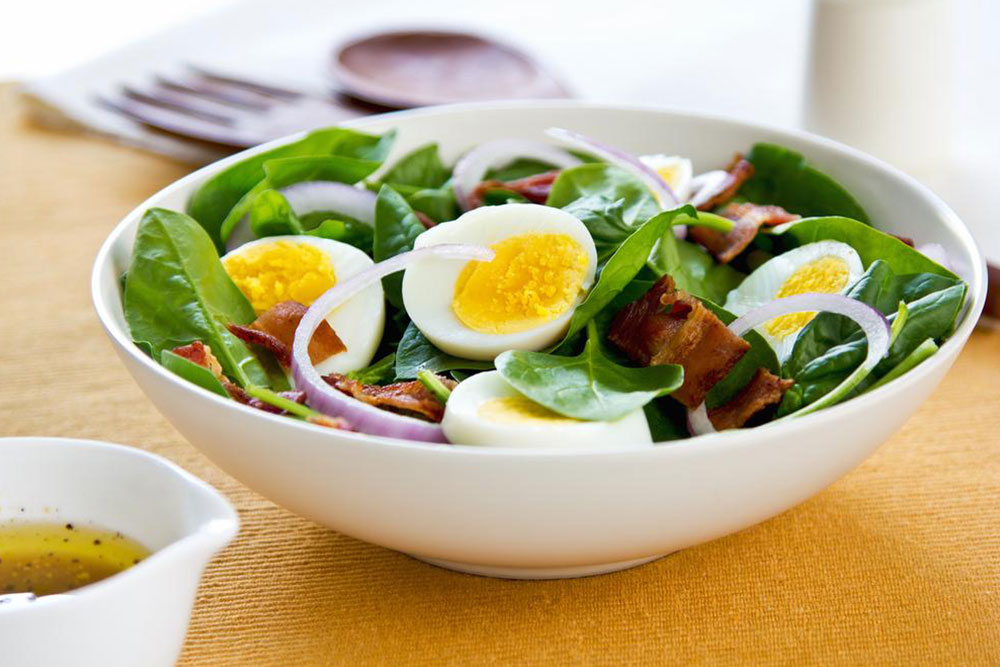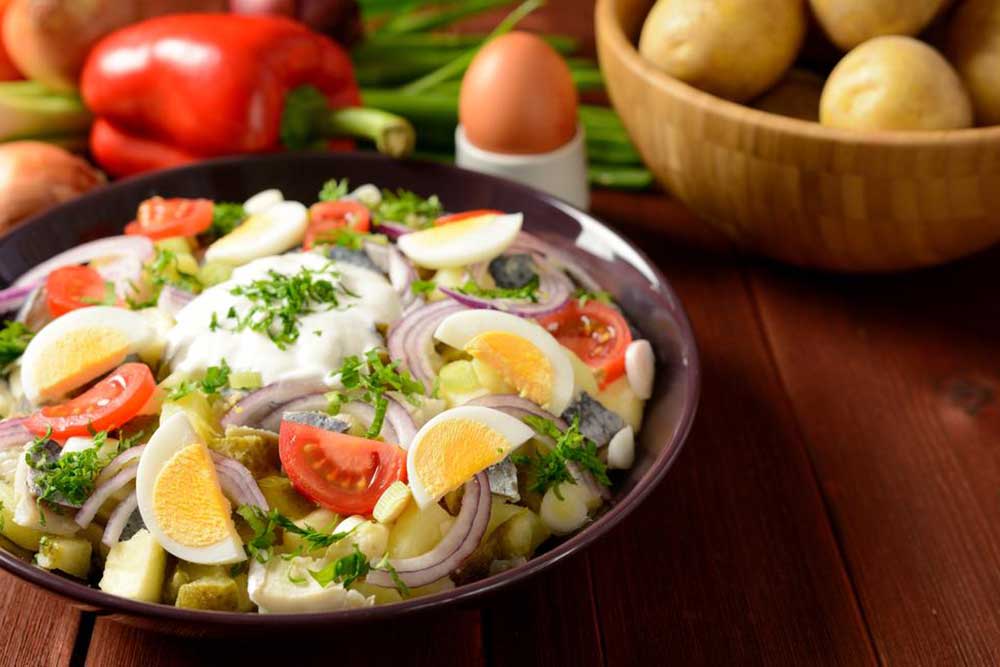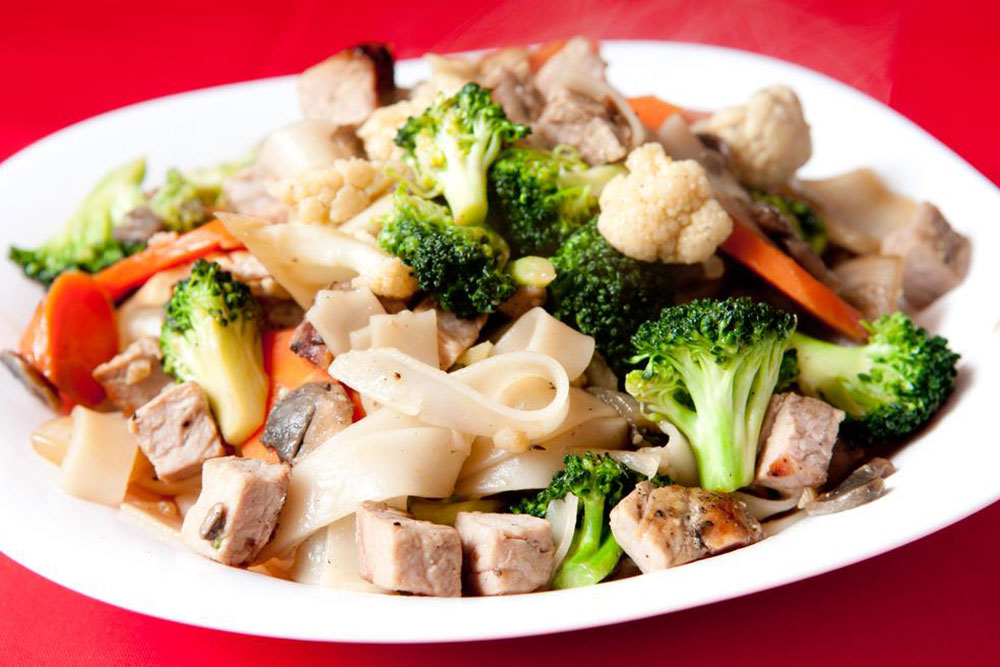Top 5 Nutrient-Dense Foods to Support a Kidney-Friendly Diet
This comprehensive guide highlights five nutrient-dense foods essential for managing kidney health through a balanced diet. From antioxidant-rich blueberries to heart-healthy fatty fish, discover how to incorporate these superfoods into your daily meals to support kidney function, reduce inflammation, and boost overall wellness. Perfect for those seeking dietary strategies for kidney health, this article offers practical tips and detailed nutritional insights to help you make smarter food choices for a healthier life.
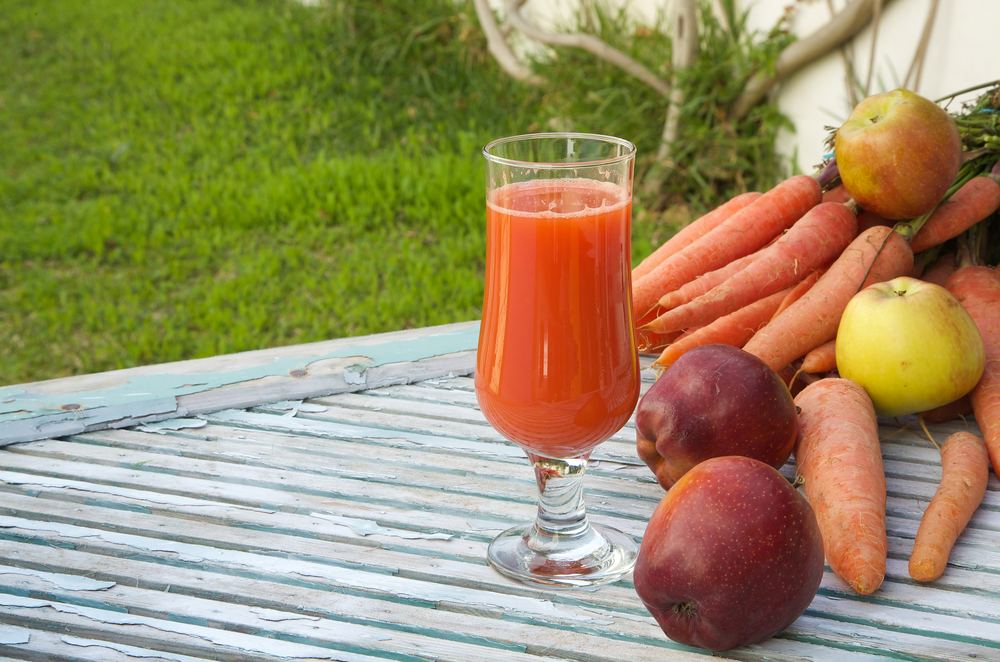
Maintaining optimal kidney health is crucial for individuals dealing with kidney disease or those aiming to prevent renal impairments. The foundation of kidney health begins with a carefully planned diet emphasizing foods that are rich in essential nutrients, antioxidants, and vitamins, while being gentle on the kidneys. Incorporating superfoods into your daily meals can significantly contribute to managing kidney function, reducing inflammation, and providing vital nutrients without overburdening this vital organ.
In the realm of kidney-friendly nutrition, certain foods stand out due to their impressive nutrient profiles and health benefits. These foods are specifically targeted because they supply the body with necessary vitamins and minerals, help reduce oxidative stress, and support overall renal health. Below, we explore five of the most recommended superfoods for maintaining a balanced and kidney-conscious diet.
Blueberries
Blueberries are acclaimed for their rich antioxidant content, especially anthocyanins, which help combat oxidative stress—a key factor in kidney deterioration. These berries are low in calories, high in dietary fiber, and packed with vitamin C, making them an excellent choice for kidney health. Consuming blueberries can help reduce inflammation and protect cells from damage. They are versatile: enjoy them fresh as a snack, blend into smoothies for a nutrient boost, or sprinkle over breakfast cereals. When fresh berries aren't available, frozen blueberries retain their nutritional value and can be safely stored for year-round consumption. Including blueberries regularly in your diet can help support immune function and reduce the risk of further kidney complications.
Kale
Kale is a dark leafy green vegetable celebrated for its dense nutrient profile. It provides a wealth of vitamins including A, C, K, and essential minerals such as calcium, magnesium, and potassium, which are vital for maintaining bone health and proper cellular function. For individuals with kidney concerns, it’s important to monitor potassium intake, but kale contains beneficial compounds like carotenoids and flavonoids that have antioxidant and anti-inflammatory properties. Incorporating kale into your diet can be easy—add it to salads, blend it into green smoothies, or bake kale chips as a healthy snack option. Its high fiber content also supports digestive health and assists in detoxification processes.
Sweet Potatoes
Sweet potatoes are highly nutritious root vegetables, offering a rich source of beta-carotene, vitamins A and C, and dietary fiber. They are relatively low in calories yet provide a hearty, satisfying addition to a kidney-friendly diet. The beta-carotene in sweet potatoes converts into vitamin A, which is essential for immune function, vision, and skin health. With approximately 112 calories and 12 grams of fiber per five-inch sweet potato, they are a versatile food—easily boiled, mashed, or baked. Including sweet potatoes in your meal plan supports immunity and digestive health, making them a practical choice for those managing kidney health.
Red Grapes
Red grapes are not only delicious but also packed with natural compounds like flavonoids and resveratrol, which have antioxidant and anti-inflammatory effects. These compounds can support vascular health, reduce oxidative stress, and may help in lowering blood pressure—a critical aspect of kidney health. Importantly, red grapes are low in sodium, potassium, and phosphorus, making them suitable for a kidney-conscious diet. A typical serving of just 75 grams contains only 1.5 mg of sodium and 144 mg of potassium, offering a sweet, kidney-friendly snack option. Regular consumption of red grapes can help improve overall cardiovascular and renal health while satisfying sweet cravings naturally.
Fish
Fatty fish such as salmon, mackerel, sardines, and albacore tuna are valuable additions to a kidney-friendly diet due to their high content of omega-3 fatty acids. These essential fats play a vital role in reducing inflammation, lowering blood pressure, and improving cell membrane integrity—all crucial factors in kidney health management. Consuming omega-3 rich fish has been associated with a decrease in triglyceride levels, support for cardiovascular health, and an overall reduction in systemic inflammation. Regular intake of fatty fish can also aid in protecting against cardiovascular diseases, which are common among kidney disease patients. Incorporate fish into your meals several times a week—grilled, baked, or steamed—to reap its full health benefits.
In conclusion, a kidney-friendly diet should emphasize nutrient-rich, low-potassium, low-sodium foods that support kidney function while maintaining overall wellness. Incorporating blueberries, kale, sweet potatoes, red grapes, and fatty fish into your diet can provide the essential nutrients your body needs to fight oxidative stress, reduce inflammation, and promote renal health. Always consult with a healthcare professional or a registered dietitian to customize dietary plans suited to your specific health needs and disease stage. Proper nutrition, combined with medical treatment and lifestyle changes, can lead to better health outcomes for individuals with kidney issues.
